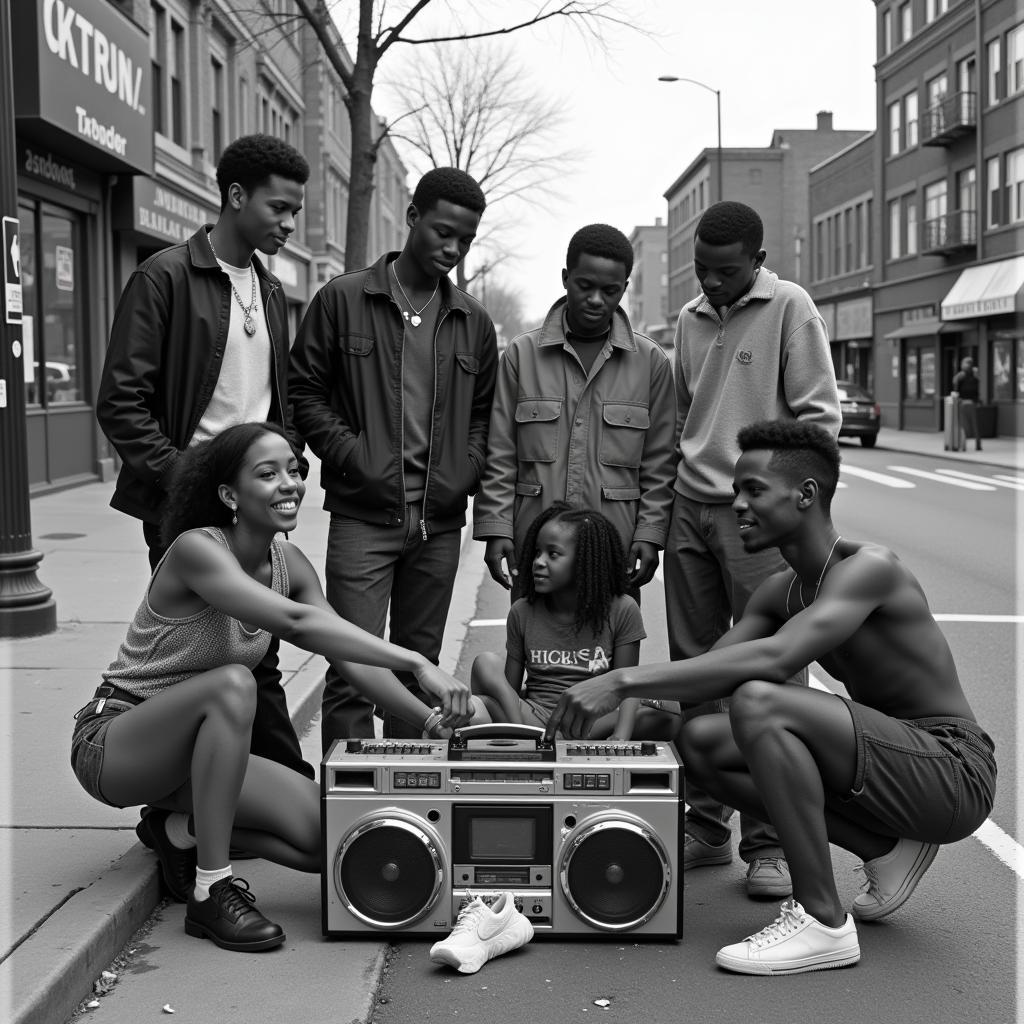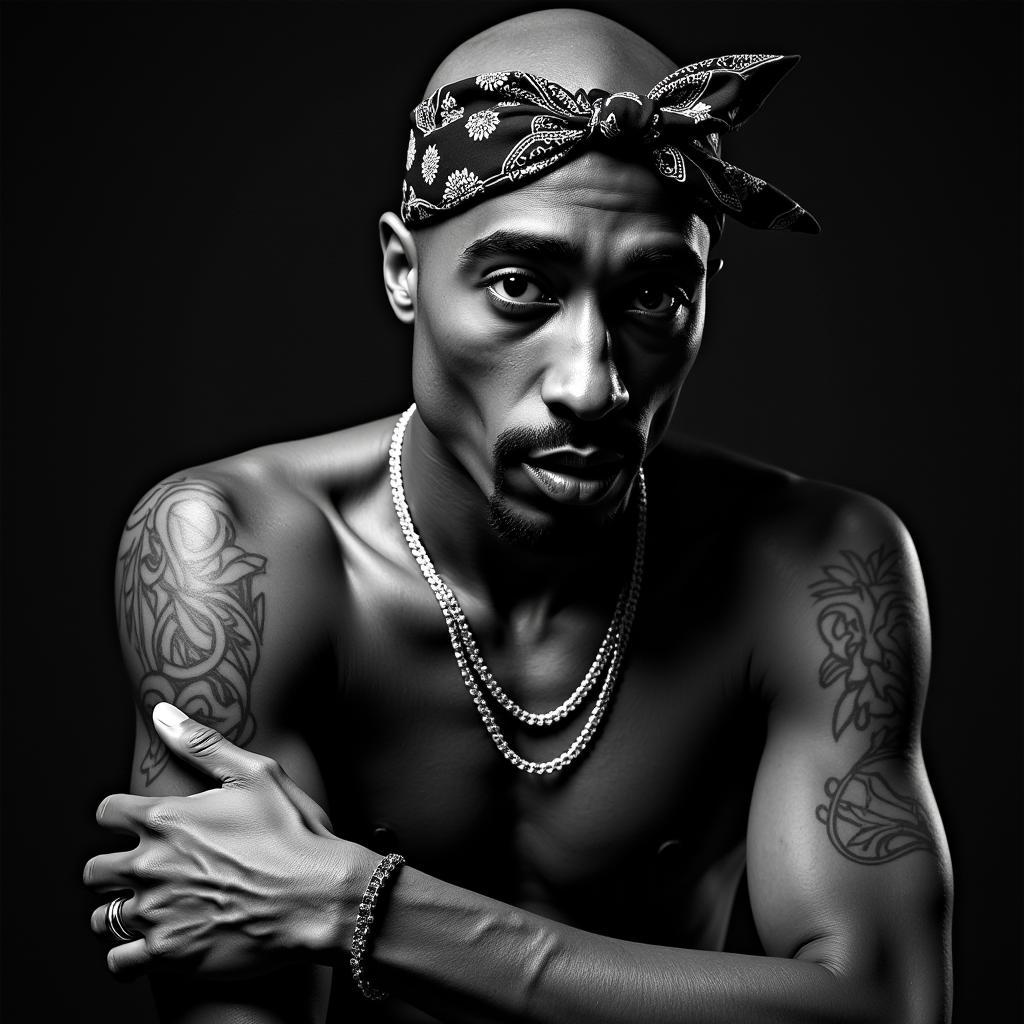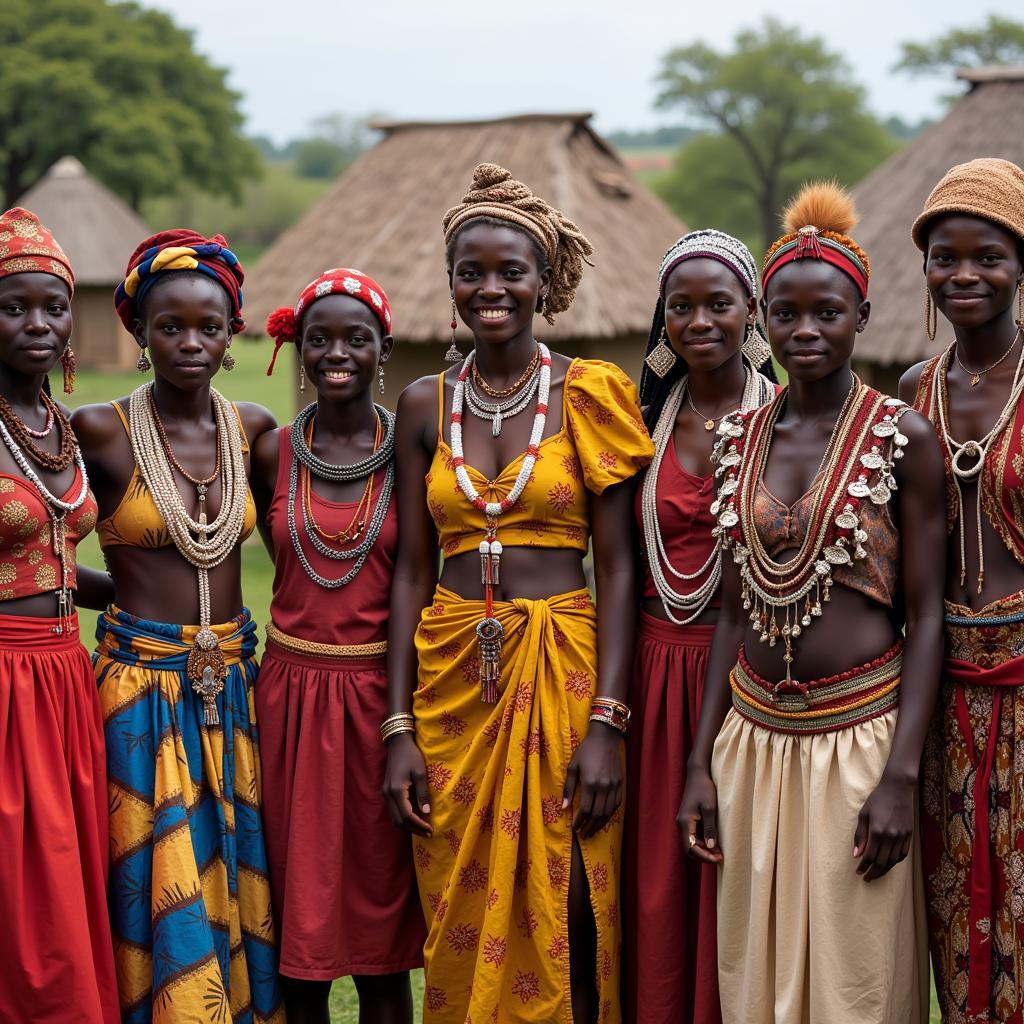The Enduring Influence of African American Rap Artists
From its humble beginnings on the streets of New York City, rap music has exploded into a global phenomenon, forever changing the landscape of popular culture. At the heart of this revolution stand African American Rap Artists, pioneers who have shaped the genre with their raw talent, lyrical prowess, and unflinching narratives of struggle, resilience, and social consciousness.
This article delves into the profound impact of African American rap artists, exploring their evolution, their influence on music and society, and the challenges they have overcome to become some of the most influential voices of our time.
The Genesis of a Movement: From Block Parties to the Global Stage
The roots of rap music can be traced back to the 1970s, in the heart of the Bronx, New York. African American youth, facing socioeconomic hardship and limited opportunities, found solace and expression through music. DJs like Kool Herc and Grandmaster Flash laid the foundation with their innovative turntablism, isolating and extending instrumental breaks to create the rhythmic backdrop for MCs (Masters of Ceremony) to rap over.
These early pioneers, including Afrika Bambaataa and Grandmaster Caz, used their voices to uplift their communities, delivering powerful messages of unity, self-expression, and social commentary. The music quickly spread beyond the confines of block parties, capturing the attention of a generation yearning for authenticity and change.
 Early Hip-Hop Culture
Early Hip-Hop Culture
Breaking Barriers and Challenging Norms: The Rise of Conscious Rap
As rap music gained traction in the 1980s, a new wave of artists emerged, challenging societal norms and sparking dialogue on race, identity, and inequality. Public Enemy, led by Chuck D and Flavor Flav, became synonymous with conscious rap, using their platform to expose police brutality, political corruption, and systemic racism.
Simultaneously, artists like KRS-One and Boogie Down Productions used their music to educate and empower, promoting self-awareness, black consciousness, and social activism. Their lyrics became anthems for the marginalized, giving voice to the voiceless and challenging the status quo.
The Birth of Gangsta Rap: A Reflection of Reality and a Catalyst for Controversy
The late 1980s and early 1990s witnessed the rise of gangsta rap, a subgenre that emerged from the streets of Los Angeles. Artists like Ice-T, N.W.A, and Tupac Shakur reflected the harsh realities of their environment, addressing issues like gang violence, poverty, and police harassment with unflinching honesty.
While celebrated for its rawness and authenticity, gangsta rap also attracted controversy, with critics accusing it of glorifying violence and misogyny. Despite the criticism, artists like Tupac Shakur and Snoop Dogg became icons, transcending music to become cultural commentators and symbols of rebellion.
 Tupac Shakur Portrait
Tupac Shakur Portrait
From the Streets to the Charts: The Commercialization and Global Domination of Hip-Hop
The mid-1990s marked a turning point for hip-hop as it transitioned from a niche genre to a mainstream force. Artists like The Notorious B.I.G., Jay-Z, and Nas achieved commercial success while maintaining their lyrical integrity, paving the way for future generations of rappers to dominate the charts.
Today, hip-hop is the world’s most popular music genre, with African American artists at the forefront of its global domination. From Drake and Kendrick Lamar to Cardi B and Beyoncé, they continue to push creative boundaries, spark conversations, and inspire millions worldwide.
The Legacy Continues: African American Rap Artists Shaping the Future
The journey of African American rap artists is a testament to the power of music as a tool for social change, self-expression, and cultural revolution. From the streets of the Bronx to the global stage, they have used their voices to challenge, inspire, and entertain, leaving an indelible mark on music and society.
As new generations of artists continue to emerge, they build upon the legacy of their predecessors, using their platform to address contemporary issues, amplify marginalized voices, and shape the future of hip-hop. The story of African American rap artists is far from over; it’s a continuously evolving narrative of creativity, resilience, and the unwavering pursuit of equality and justice.
Frequently Asked Questions About African American Rap Artists
1. What are some of the key elements of African American rap music?
African American rap music is characterized by its rhythmic and lyrical complexity, often featuring intricate wordplay, storytelling, and social commentary. It draws heavily from African American musical traditions, including blues, jazz, and funk, while incorporating elements of spoken word and poetry.
2. How has the role of African American rap artists evolved over time?
From their early days as community voices, African American rap artists have evolved into global icons, entrepreneurs, and influential figures in entertainment, fashion, and beyond. Their impact extends far beyond music, shaping youth culture, challenging social norms, and sparking dialogue on critical social issues.
3. What are some of the challenges faced by African American rap artists?
Despite their success, African American rap artists continue to face challenges, including racial profiling, exploitation within the music industry, and censorship based on lyrical content. They also grapple with the pressure of representing their communities and navigating the complexities of fame while staying true to their roots.
4. How do African American rap artists use their platform to advocate for social change?
Many African American rap artists use their music and influence to raise awareness about social injustices, promote equality, and empower marginalized communities. They address issues like police brutality, mass incarceration, poverty, and systemic racism, sparking conversations and inspiring action through their lyrics and activism.
5. What is the future of African American rap music?
The future of African American rap music is brimming with possibilities. As new generations of artists emerge, they continue to push creative boundaries, experiment with new sounds, and use their platform to address contemporary issues, ensuring the genre remains a powerful force for cultural expression and social commentary.
For further assistance or information, please contact us at:
Phone Number: +255768904061
Email: kaka.mag@gmail.com
Address: Mbarali DC Mawindi, Kangaga, Tanzania.
Our dedicated customer support team is available 24/7 to assist you.
